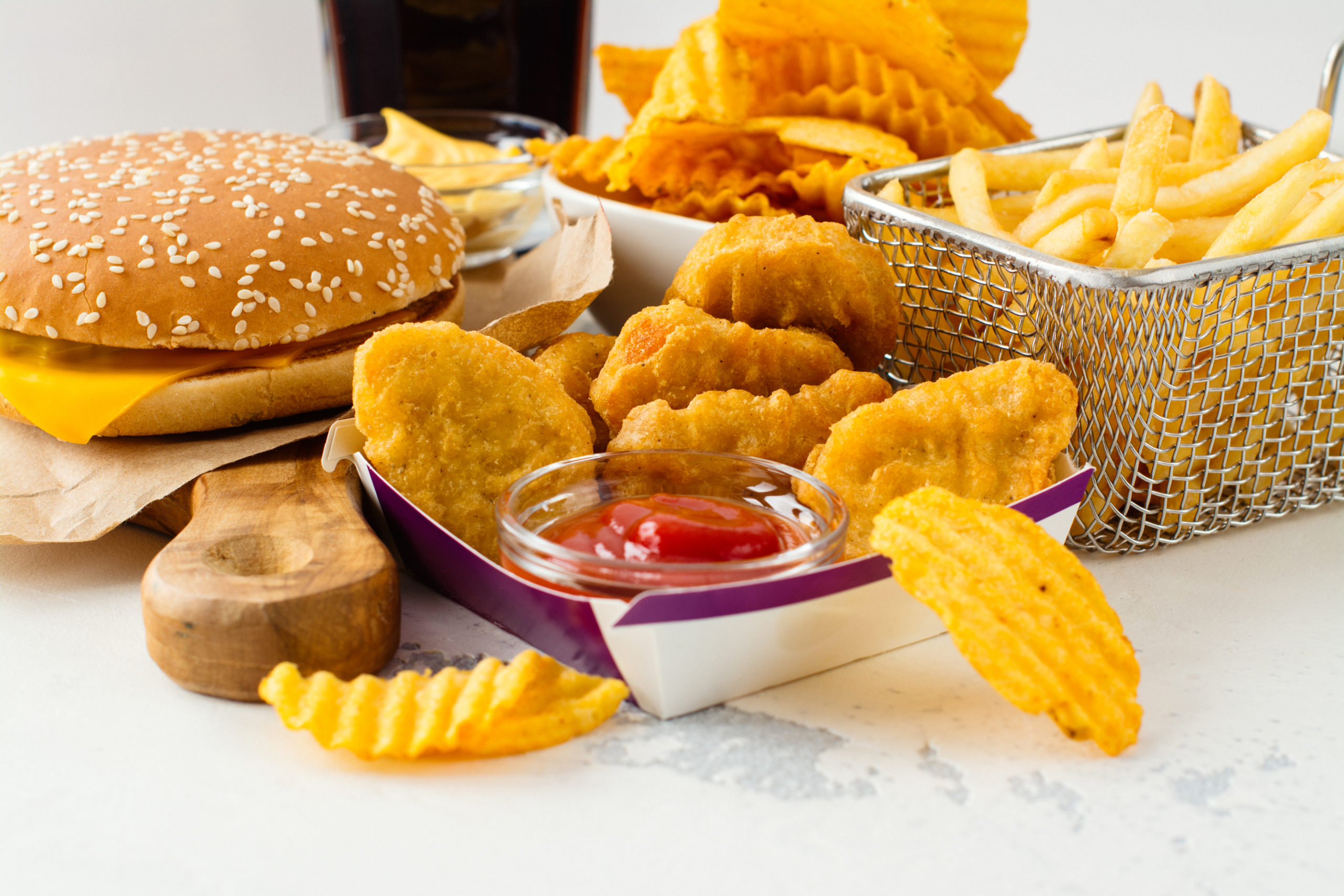Chicken nuggets, burritos and other popular items consumers buy from fast food outlets in the United States contain chemicals that are linked to a long list of serious health problems, according to a first-of-its-kind study.
Researchers at the George Washington University and their colleagues bought fast foods from popular outlets and found 10 of 11 potentially harmful chemicals in the samples, including phthalates, a group of chemicals that are used to make plastics soft and are known to disrupt the endocrine system.
The research team also found other plasticizers, chemicals that are emerging as replacements to phthalates.
“We found phthalates and plasticizers are widespread in prepared foods available at U.S. fast food chains, a finding that means many consumers are getting a side of potentially unhealthy chemicals along with their meal,” Lariah Edwards, lead author of the study and a postdoctoral scientist at GW, said. “Stronger regulations are needed to help keep these harmful chemicals out of the food supply.”
Previously, a GW research team led by Ami Zota, a professor of environmental and occupational health, looked at fast food consumption in a national survey and found people who reported eating more fast foods had higher levels of phthalates. No one has looked at the link between fast food and non-phthalate plasticizers, which are used in place of banned or restricted phthalates in food packaging and processing equipment.
In this study, Edwards, Zota and their colleagues purchased 64 fast food items from different restaurants and asked for three pairs of unused food handling gloves. The team tested food items and the gloves for 11 kinds of phthalates and plasticizers, finding that:
- 81% of the food samples studied contained a phthalate called DnBP and 70% contained DEHP. Both these chemicals have been linked in numerous studies to fertility and reproductive problems in humans. These phthalates can also increase risk for learning, attention, and behavioral disorders in childhood.
- 86% of the foods contained the replacement plasticizer known as DEHT, a chemical that needs further study to determine its impact on human health.
- Foods containing meats, such as cheeseburgers and chicken burritos, had higher levels of the chemicals studied.
- Chicken burritos and cheeseburgers had the highest levels of DEHT. The researchers noted that food handling gloves collected from the same restaurants also contained this chemical.
- Cheese pizzas had the lowest levels of most chemicals tested.
Phthalates and replacement plasticizers are chemicals used to make plastics soft and can migrate out of plastics into the food, which is ingested.
Some sources of plastics include food handling gloves, industrial tubing, food conveyor belts and the outer packaging used to wrap fast food meals available in restaurants.
Previous research by Zota’s team suggests that people who eat food cooked at home have lower levels of these chemicals in their bodies, probably because home cooks do not use food handling gloves or plastic packaging.
To avoid these industrial chemicals, consumers can switch to mostly home cooked meals, which are often healthier than fast food, Edwards said.
Both Edwards and Zota say their study suggests the need for greater scrutiny and regulation of chemicals used to make food. They point out that replacement plasticizers are increasingly used to replace banned or restricted phthalates yet the studies needed to show that they are safe have yet to be done.
The study also raises the concern that certain racial/minority groups may be disproportionately affected by these chemicals.
“Disadvantaged neighborhoods often have plenty of fast food outlets, but limited access to healthier foods like fruits and vegetables,” Zota said. “Additional research needs to be done to find out whether people living in such food deserts are at higher risk of exposure to these harmful chemicals.”
This research was supported by the Passport Foundation, Forsythia Foundation and Marisla Foundation.
Source: Lariah Edwards, Nathan L. McCray, Brianna N. VanNoy, Alice Yau, Ruth J. Geller, Gary Adamkiewicz, Ami R. Zota. Phthalate and novel plasticizer concentrations in food items from U.S. fast food chains: a preliminary analysis. Journal of Exposure Science & Environmental Epidemiology, 2021; DOI: 10.1038/s41370-021-00392-8












